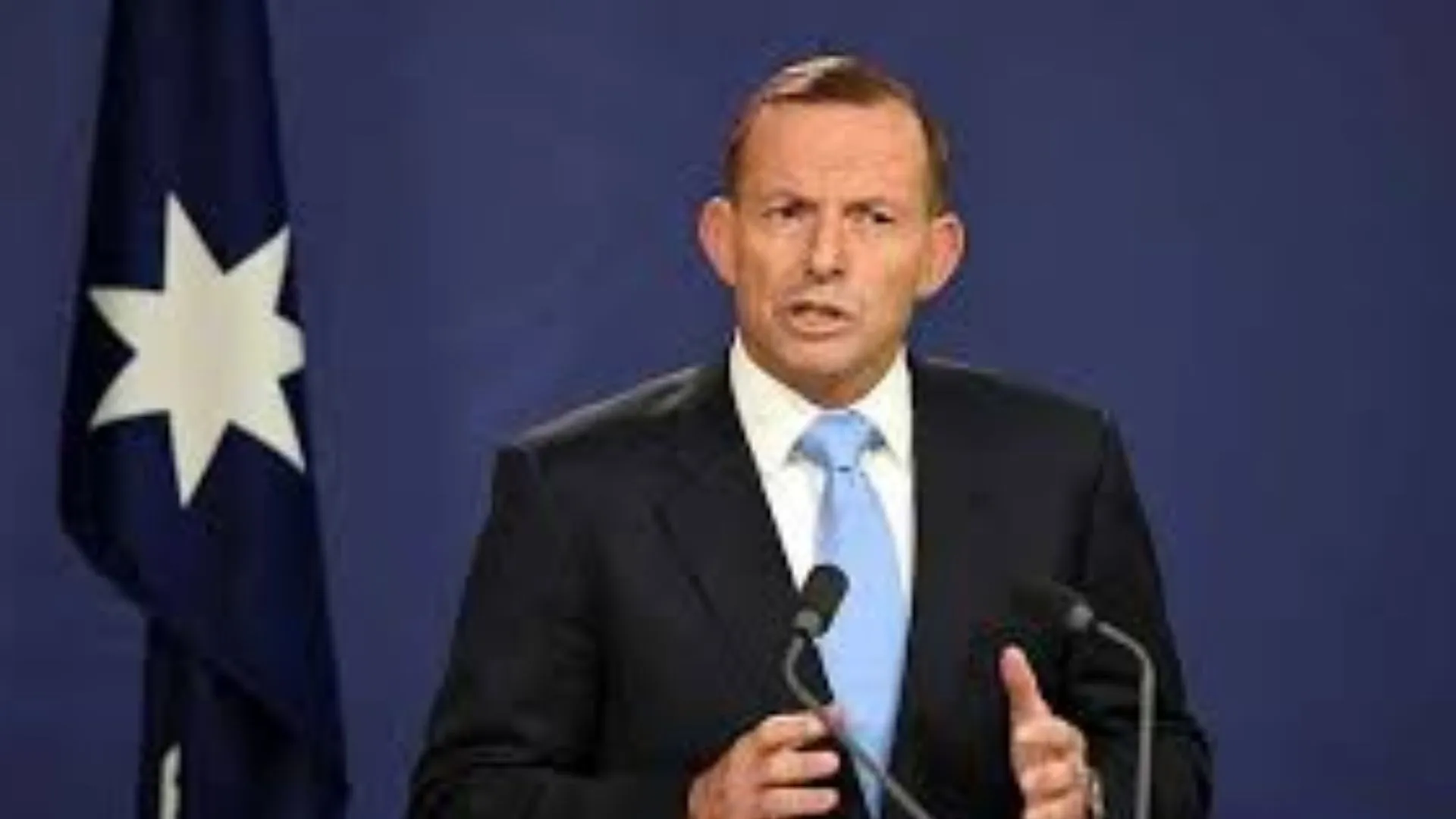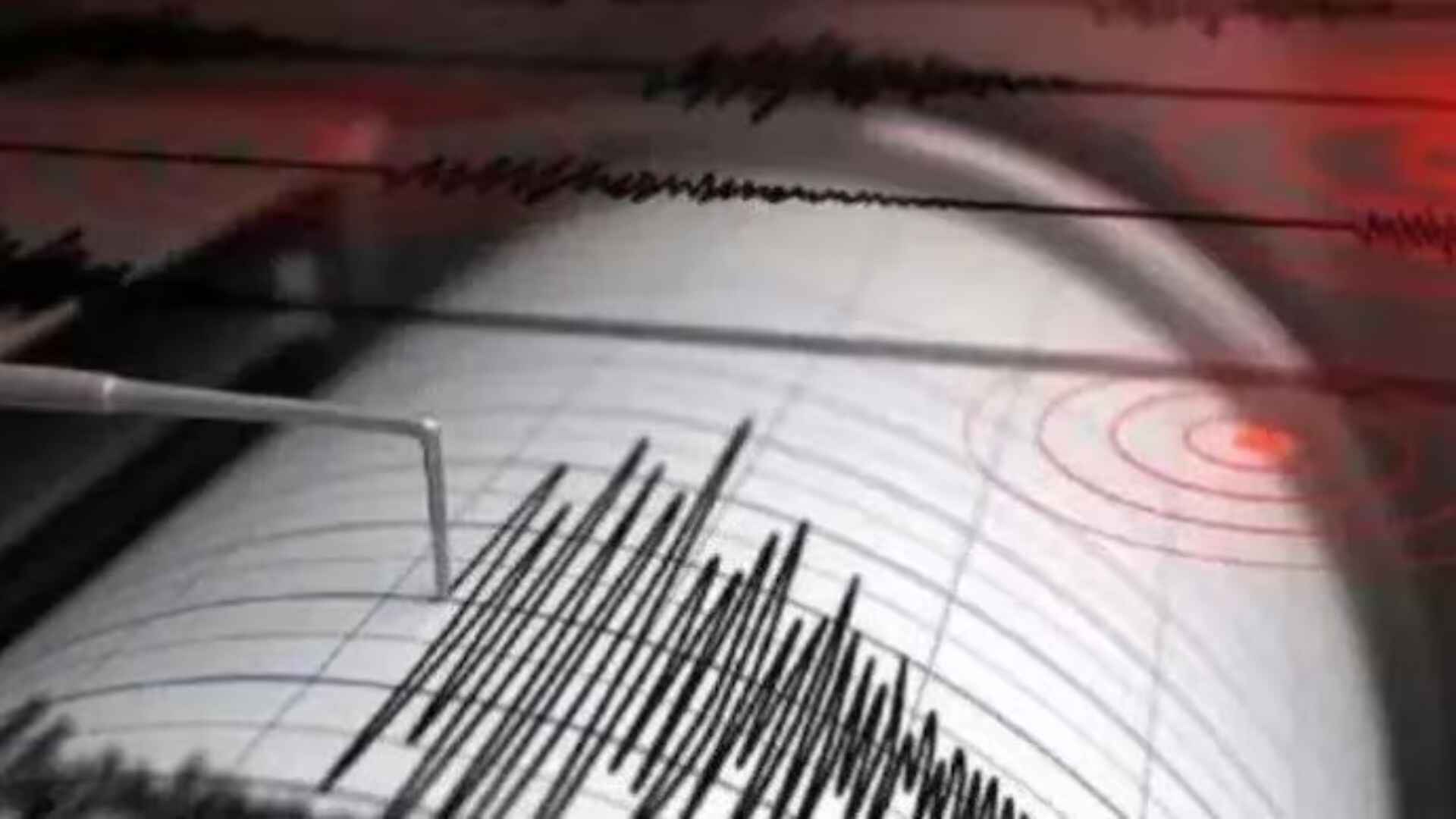Former Australian Prime Minister Tony Abbott has proposed that India might send troops to Ukraine to assist in policing a future ceasefire with Russia. In an interview with NewsX World, Abbott claimed that Indian participation would represent its increasing global influence while acting as a deterrent to future Russian incursions.
India’s Military as a Stabilizing Force
Abbott emphasized that India could play a central role in maintaining peace should a ceasefire be established. He noted that India’s longstanding ties with Russia and its powerful military would make it an ideal candidate.
India has traditionally good relations with Russia. The Indian Army is a very capable, well-respected, and highly professional military force. They would be quite able to effectively defend against any future Russian invasion, if such an attack were launched,” he said.
Watch:
He added that an Indian military presence in a line of ceasefire could deter any renewed aggression. “Let’s be realistic, India doesn’t possess only mighty conventional armed forces, but it is also a nuclear-armed country. The notion that India would be bullied into submission by President Putin’s nuclear threats—I just don’t think stacks up,” Abbott said.
If the likes of NATO powers the UK or France are not viable, then according to Abbott, India would be the “acceptable alternative” to play that role.
India’s Emerging Global Responsibility
Abbott views India’s participation in peacekeeping as a sign of readiness to assume global responsibilities on a larger scale. “Not merely would this be a great contribution by India toward a more peaceful world, but it would be a signal to the entire world that India is ready to begin shouldering some of the obligations of the greater world, taking into account the sort of economic power and worldwide status that India is now attaining,” he stated.
He also stood India in better stead than Turkey as a possible peace mediator for the conflict. “The truth is that India is a highly credible country with a robust economy and robust military forces, having its own nuclear deterrence. I believe India is definitely better positioned than a state like Turkey to be an able potential mediator,” he asserted.
Praise for Zelensky’s Wartime Leadership
Abbott commended Ukrainian President Volodymyr Zelensky for his leadership during wartime, calling him a man of integrity and courage. “Unlike the Afghan leaders who ran with money, Zelensky turned down an American offer to leave. Instead, he requested ammunition,” he stated.
Although Zelensky had been criticized prior to the war, Abbott observed a change in public opinion. “Just because you have a tough conversation doesn’t mean you are not appropriate for governing the country,” he said, responding to concerns over postponed elections. Abbott defended Zelensky’s move to postpone voting, considering the occupation of Ukrainian land and the state of war.
“Zelensky has performed wonderfully,” Abbott concluded, highlighting how Ukrainians have rallied around their president throughout the war.
Ceasefire and the Crimea Dilemma
Abbott cautioned that any future ceasefire would have to be ‘on reasonable terms, meaningful and lasting’. He underscored the necessity of sanctions against Russia to remain in place until their aggression stops.
On Crimea, Abbott stated that it should only occur with robust international support if Ukraine were to yield the peninsula. “If Ukraine is to relinquish Crimea, it must receive credible security guarantees—a considerable deterrent to President Putin,” he insisted, emphasizing the need for long-term security mechanisms in a bid to stem potential uprisings.























